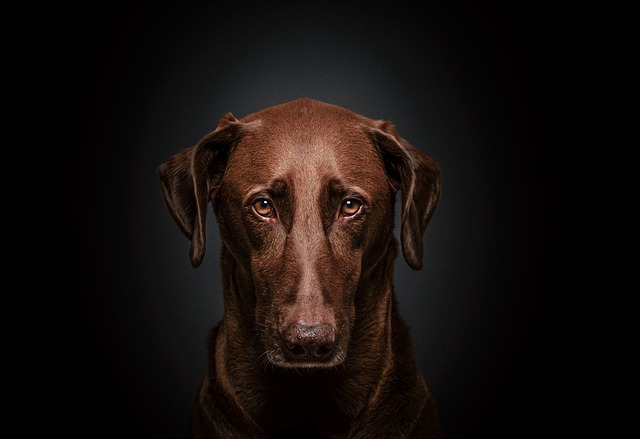
How to guide your dog to urinate and defecate outside?
Puppy pads scattered across the kitchen, a surprise pile behind the couch, the frantic scramble to clean before guests arrive—house-training struggles feel universal.
What games can you tire out a puppy? If you’ve ever watched your 12-week-old golden retriever zoom around the living room at 8 p.m., nipping at your ankles and then launching into a full sprint toward the couch, you know the struggle of a pup with endless energy. Those “zoomies” and chewed-up slippers aren’t mischief—they’re a cry for release. The good news? The right games don’t just tire them out; they build trust and teach good habits, too.
Puppies are little bundles of biological energy. Their brains and bodies are growing fast, and play is how they learn coordination, social skills, and self-control. Veterinarians explain that a 3-month-old puppy needs short bursts of activity—think 5-10 minutes—followed by naps, kind of like a human toddler. Without this, that energy turns to destruction: gnawing baseboards or digging at rugs. It’s not bad behavior; it’s their way of saying, “I need to do something!” The trick is to channel that energy into games that work both their muscles and their minds.
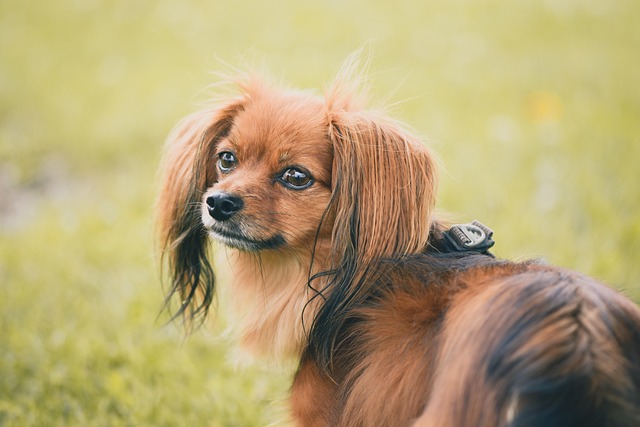
Start with “Treat Scramble.” Grab a handful of their kibble (or tiny training treats) and toss a few pieces across the floor—spread them out so they have to trot, sniff, and pounce to collect each one. For extra challenge, hide a few under a lightweight towel or behind a chair leg. Watch their nose wiggle as they “hunt”—this taps into their wild instinct to forage, tiring their brain as much as their legs. Next, try “Tag (Gentle Version).” Crouch down, say “Got you!” in a playful voice, and take one slow step toward them. Most pups will dart away, then spin back to “tag” you with their paw—giggle and pretend to fall over, then let them race off again. Keep sessions short (5 minutes max) to avoid overstimulation. Finally, “Staircase Fetch” (if you have stairs) works wonders: toss a soft plush toy up one step, wait for them to bound up and grab it, then cheer like they won a trophy when they bring it back. Repeat—those tiny legs will burn energy fast.
Now, let’s tie play to responsibility. In the U.S., rabies vaccines are required by law for all dogs, and your pup will need their first dose around 12-16 weeks—keep that certificate handy, as many parks or pet stores ask to see it. When play spills outside (say, chasing a butterfly in the yard), always have poop bags. Leaving waste isn’t just gross; cities like Austin fine owners $200 for it. Culturally, never scold or swat if they get too rough—yelling confuses them. Instead, pause play, say “Easy!” softly, and wait 10 seconds before restarting. In apartments, stick to quiet games after 8 p.m.—your neighbor below won’t appreciate 10 p.m. zoomies. And when you head to the park later, remember: even a tired pup needs a leash until they’re fully vaccinated. Respect other dogs (and their owners) by keeping a safe distance—good manners start young.
The best part? These games don’t need fancy toys—just your time and a little enthusiasm. In a few weeks, you’ll notice those zoomies slow down, replaced by naps in their bed. Tired puppy = happy puppy (and happy owner).

Puppy pads scattered across the kitchen, a surprise pile behind the couch, the frantic scramble to clean before guests arrive—house-training struggles feel universal.

It’s a familiar morning scene for many new dog owners: you walk into the kitchen to find your pup’s nose buried in the trash can, cereal boxes torn open and banana peels scattered across the floor.
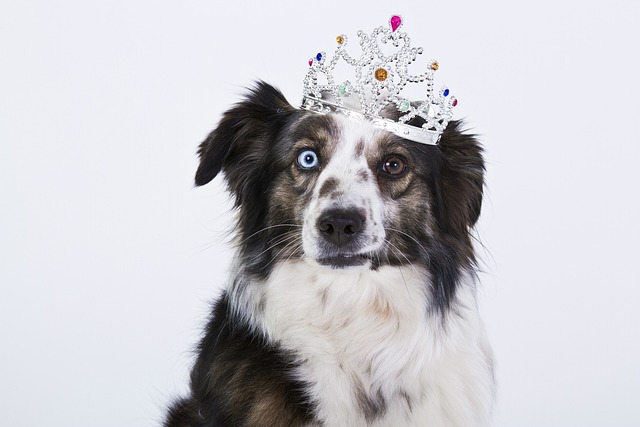
Watching a tiny Yorkie or Chihuahua dart toward the door instead of squatting on the rug feels like a win—but getting there takes time, and every pup moves at their own pace.
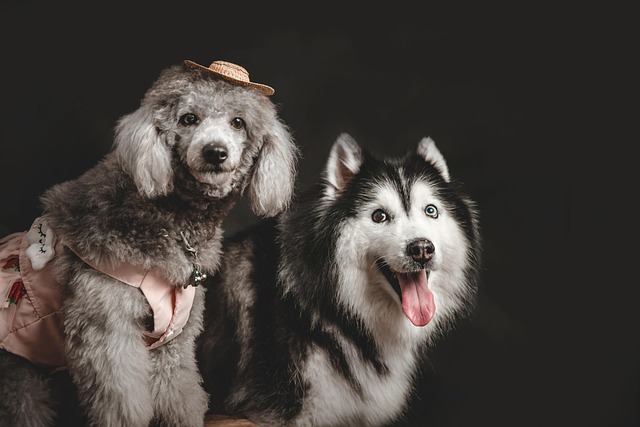
Puppies have tiny bladders, and when you live in an apartment with no yard or during harsh winters that make outdoor trips tricky, indoor potty training becomes a necessity.
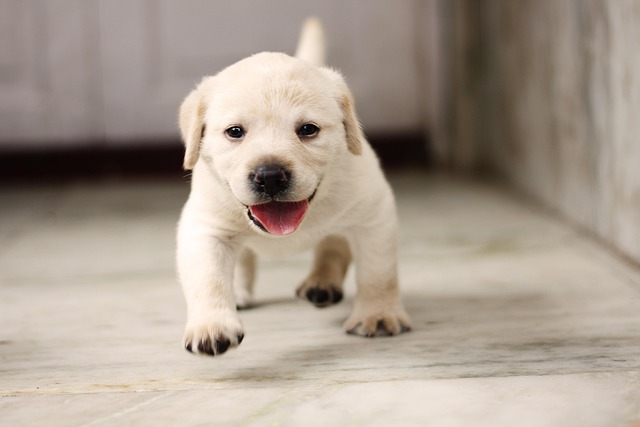
Many new dog parents see agility videos—dogs zipping through tunnels, leaping over hurdles—and think, “We could never do that at home.”
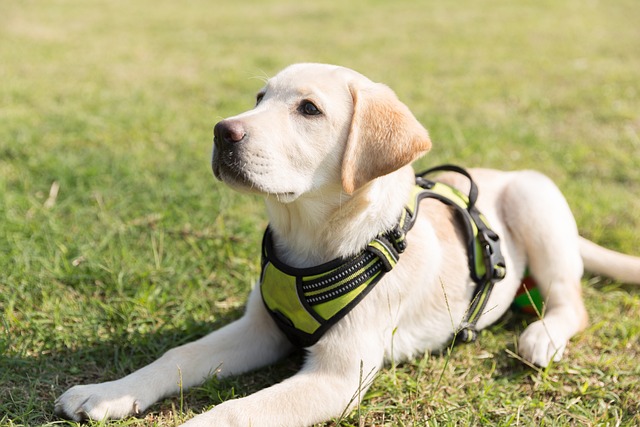
Ever called your dog in the park, only for Fido to pretend he’s suddenly deaf? Or struggled to get him off the sofa when guests arrive? You’re not alone.